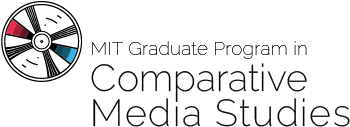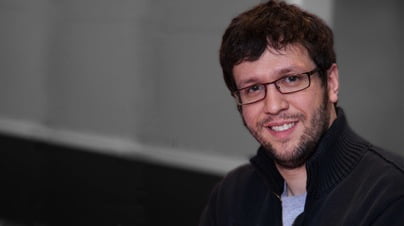The American daytime serial drama is among the oldest television genres and remains a vital part of the television lineup for ABC and CBS as what this thesis calls an immersive story world. However, many within the television industry are now predicting that the genre will fade into obscurity after two decades of declining ratings. This study outlines how the soap opera industry is and could be further adapting to the technological and social changes of a convergence culture to maintain and revitalize the genre’s relevance for viewers and advertisers alike. CBS/Procter and Gamble Productions/TeleVest’s As the World Turns will serve as a case study for these changes. This project examines how the existing fan base plays an active role in gaining and maintaining new fans by researching historical and contemporary examples of social relationships that fans form with other fans and the show itself. In addition to looking at how these fan communities operate, this thesis focuses on how soap operas have adapted and might adapt to alternate revenue models such as product placement, capitalize on their vast content archives, and tell stories through multiple media formats. The study concludes that soap operas should be managed as brands and not ephemeral television content because of their permanence in the television landscape, that fans outside the target advertising demographic should be empowered as proselytizers for the show, and that a transgenerational storytelling approach best utilizes the power of the genre to tell its stories.
About Sam Ford
Sam Ford works on models, strategies, and implementation for media innovation, audience engagement, cultural intelligence, and storytelling experimentation. He has provided these services to a wide range of organizations, including ViacomCBS/Simon & Schuster, Univision/Fusion Media Group, Peppercomm, WNYC/New York Public Radio, Lowe’s/Orchard Supply Hardware, the University of Southern California, ORBmedia, MacArthur Foundation, Microsoft, The Coca-Cola Company, Poynter, the U.S. Department of State, and the American Press Institute.
Sam is also a research affiliate of MIT Comparative Media Studies/Writing, a Knight News Innovation Fellow with Columbia University's Tow Center for Digital Journalism, an Innovation and Culture Fellow with the Western Kentucky University Innovation Campus, an adjunct instructor in the Department of Communication at WKU, and executive director of the nonprofit Accelerate Kentucky.
Sam is co-author, with Henry Jenkins and Joshua Green, of the 2013 NYU Press book Spreadable Media: Creating Value and Meaning in a Networked Culture, a result of the MIT Convergence Culture Consortium research group he co-founded and helped manage. He is also co-editor, with Abigail De Kosnik and C. Lee Harrington, of the 2011 book The Survival of Soap Opera: Transformations for a New Media Era, and has published more than 25 academic essays on media fandom, transmedia storytelling, professional wrestling, soap operas, the marketing and communications world, and a range of other subjects.
Sam lives in Bowling Green, KY, with wife Amanda and daughters Collins, Harper, and Emma. More at his site.



